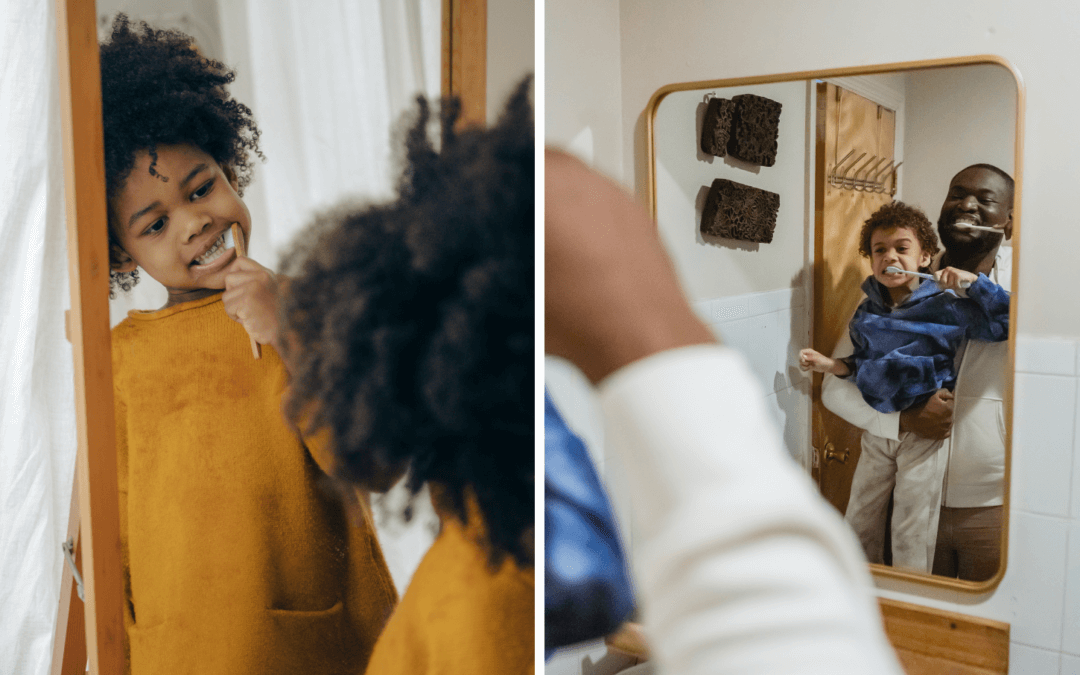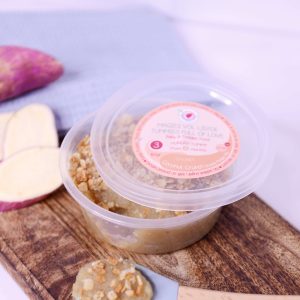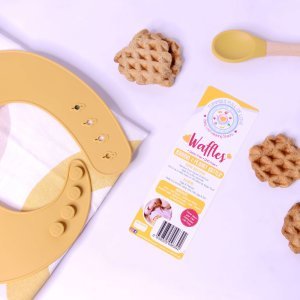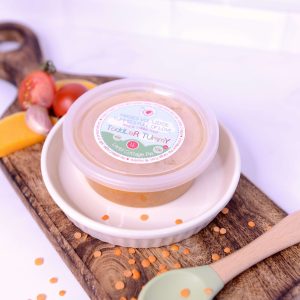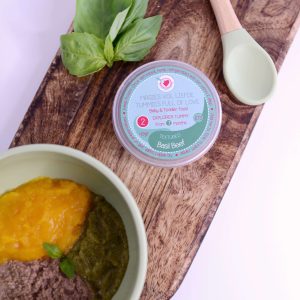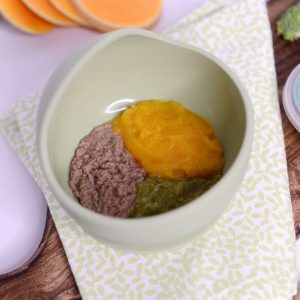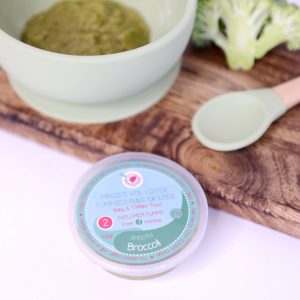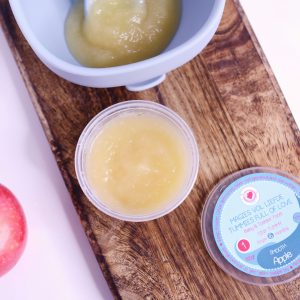Baby & Kids Oral Health
Dr Marli Uys (BChD Pretoria) | @the.honest.mamma
When Marita asked me to write a piece on oral hygiene tips for babies and kids, I felt overwhelmed at first – there is so much I want to tell you! I’m a general dentist, but I’m also a mother of two young boys and I know first hand how difficult it can be to implement some of these things. I feel very strongly about educating parents on how to take care of their children’s teeth though, because it really is OUR job while they don’t know any better.
Milk teeth. Baby teeth. Primary teeth. Call them what you want, they are super important even though your child will lose all of them between ages 6 and 12. They hold space for adult teeth to erupt into, as well as playing a role in speech and obviously chewing food. Losing primary teeth too early can have lasting effects on the overall development of your child’s mouth, so lets get started with how you can prevent early tooth loss!
In dentistry, prevention is definitely better than cure and the most important role is how early you should start brushing those pearly whites. The answer is actually very obvious – AS SOON AS THEY ERUPT between 6 and 33 months of age.
Even before that, you should be cleaning your baby’s mouth in the morning and at night with a clean gauze or cloth wrapped around your finger. This just gets rid of milk residue and introduces the sensation of cleaning/brushing to come. Give your little one a silicone toothbrush to play with and massage those itchy gums.
As soon as teeth are visible, use a silicone finger brush or proper baby toothbrush to clean them twice a day. You can use X-gel (xylitol gel without fluoride) or any 0-2 years age specific toothpaste.
I’m all for introducing primary teeth to topical fluoride in the form of toothpaste at the correct age and correct dosage. Fluoride strengthens and protects teeth against decay, but the amount needs to be regulated, especially when children can’t spit everything out yet. Hence, AGE APPROPRIATE tooth paste, which contains less fluoride. Just a smear of toothpaste is enough and if your baby ingests a little, it is not a problem. As they get older, keep changing toothpaste according to their age.
Toothbrushes are also developed with a child’s dexterity in mind. CHILDREN DON’T HAVE THE HAND COORDINATION OF AN ADULT! You can let your 4 year old start practicing their brushing skills, but please continue to brush for them after their attempt. Until a child is 9 years old (or is proficient in cursive writing) I would still brush for them twice a day. This should be a routine AFTER breakfast is eaten and right BEFORE bedtime, but especially at night when the ph of the oral cavity changes (no eating bedtime snacks thereafter.)
As soon as primary teeth make contact with the tooth next to it, flossing becomes a must. A toothbrush just can’t reach the areas between teeth where they make contact and this is most often where food gets trapped and causes holes. Navigating conventional floss between a small child’s teeth can be tricky, so I prefer using floss sticks. Gently place the floss between the teeth, scrape up the one side of the tooth and reinsert for the other side as well. I’m a big supporter of using less plastic and recycling, so feel free to pop that floss stick in a bit of surgical spirits and reusing it.
Now that we’ve covered proper cleaning, let’s move to food and drinks and how this impacts oral health. Tooth decay is caused by acid-producing bacteria which can be introduced to baby by a parent tasting baby’s food before feeding them or even cleaning off a pacifier in the parent’s mouth. So please avoid doing that. Tooth decay starts developing when teeth are exposed to food or drink other than water for long periods of time.
While our kiddies are small we are in total control of what they eat and drink. I know, a major responsibility! Firsly, babies should not be left to fall asleep with a bottle of milk. That last little sip doesn’t always get swallowed and can lead to sour milk being in contact with those precious baby teeth, causing decay or “baby bottle caries.”
Take the opportunity to hold your baby until they’ve finished drinking and remove the bottle. In older babies, after the last feed, a bottle with water can be introduced. Other than formula, breast milk and water, nothing else must be given in a bottle. As soon as your child is old enough, give them their drinks in a cup or even try a straw for development of oral muscles.
Please try and avoid soft drinks (even diet) and fruit juice (even diluted) for as long as possible – the amount of sugar and acid is just too much for primary teeth! If they do have it from time to time, always give a bit of water afterward to neutralise acid.
When introducing food to your baby, never add sugar or honey. This also goes for drinks like rooibos tea. As baby gets older, transitioning to food with texture is just as important for their sensory development as it is for the development of their jaws and oral muscles. So be careful of too much pouch food which tends to be very smooth. Eating from a spoon also holds great advantages for development over sucking food from a pouch nozzle.
As far as food goes – the longer it sticks to your teeth, the greater the chance of it causing tooth decay. So sweets aren’t off the table in older kids, we really can’t withold it forever. Choosing the BETTER types of sweets and drinks is what’s important. Chocolate, marshmallows and non-sticky jelly sweets are best – they get washed away with saliva. Toffees, popsicles, hard candy and even dried fruit will stick to teeth fissures for hours.
Water is obviously the best drink, but unsweetened teas or dilutable sugar-free cold drink concentrate (like Slimsy) is also a good alternative.
I realise that that was a lot of information, but when it comes to our children’s health, isn’t it better to educate and prepare ourselves as much as possible? We won’t be able to control every little thing they ingest, but making good choices while we can, definitely helps.
Dr Marli Uys (BChD Pretoria)

